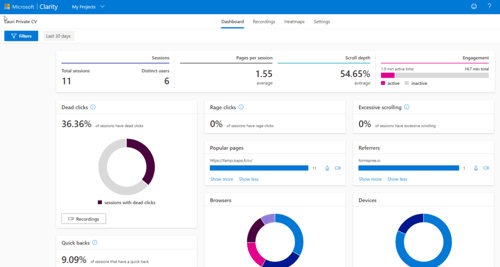Management jeopardises growth and competitiveness by cutting the data governance budget

Companies are now seeking growth and competitiveness through different data refinement projects. But how many companies are aware of or remember that they cannot succeed without good data governance?
Currently, the foundation of every process in every organisation is in practice the exchange of information. The lower the quality of the data behind the information exchange, the more difficult it is to make the right decisions and develop operations in the right direction.
Why is it then that data governance is one of the first things to be cut from the budget?
The budget mercilessly shows what is important to a company. A good CFO energetically cuts undefined projects from the budget. Almost always this also works and moreover, it’s efficient!
In the budget, the management of the company primarily wants to include projects that bring clear profit or new growth. It is, however, incredibly difficult to show what proper data governance produces. Data governance affects almost everything, but its advantages are hard to show.
Poor data governance causes plenty of extra work, decisions are made based on false information and projects fail, but the costs resulting from these are hidden as bits and pieces in different parts of the accounts. Even if everyone knows that something is wrong and perhaps even knows the reason, the disadvantages are hard to express in numbers that would affect the CFO’s decisions.
Without efficient data governance, the quality of the data that is used as a foundation for decisions cannot be improved. The problems with bad data often show as system or process faults, which organisations try to remedy through new investments. The actual reason, that is, the poor-quality data, remains uncorrected.
Insufficient data governance causes indefinable problems in the whole organisation; thus, it comes up in the draft budget again and again. However, data quality is not directly anybody’s responsibility, so no one gathers an overall picture of the faults and errors. Without an overall picture, the situation falsely looks good, even if the problems are accumulating at the same time as data of poor quality is being processed.
Data governance is the responsibility of the management and the business and IT units. In most organisations, none of these fight for data governance, because it is difficult to present the reasons for its necessity.
When you are unable to present a profitability calculation and the defenders of the project stare at the walls, the CFO cuts data governance from the budget. Maybe next year there will be funds for it …
Knowledge based management is, however, a crucial part of the growth strategy of more and more companies. The Board of Directors will not tell the CFO separately that the strategy calls for data governance, but they would surely also think that it’s nice if the CFO doesn’t kill the strategy in the budget making process.
When you don’t reach the goals of your strategy based on data refinement next year, in three years’ time or in five years’ time, five times out of six the reason is the lack of data governance.
We are well aware of why you cut data governance from your budget. However, if you want to grow and increase your competitiveness, and if according to your strategy growth should be based on information and the effective utilisation of information, data governance is worth keeping in the budget.
Otherwise, your growth strategy is just words that have no counterpart in reality.


